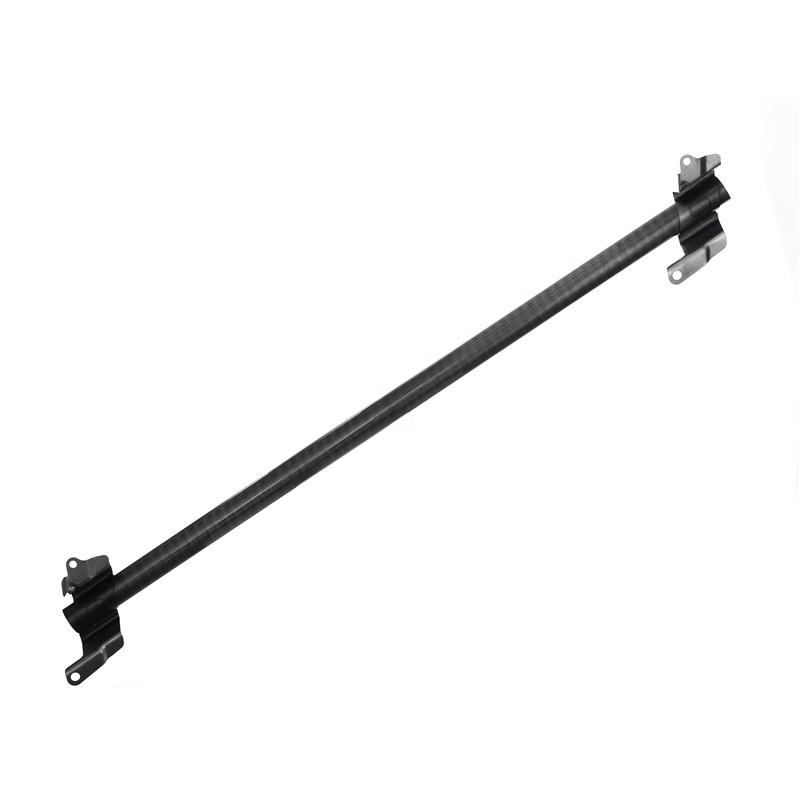

Understanding Car Electrical Parts The Heart of Modern Vehicles
In the age of technology, cars have evolved significantly from simple mechanical machines to complex vehicles that heavily rely on electrical components. Car electrical parts are essential to the function, safety, and comfort of modern automobiles. This article aims to explore some key electrical components, their functions, and their importance in the automotive industry.
The foundation of a car's electrical system is the battery. It provides the necessary power to start the engine and supplies energy to electrical systems while the engine is off. Typically, lead-acid batteries are used in most vehicles; however, advancements have led to the development of lithium-ion batteries in electric and hybrid cars. A well-maintained battery ensures reliability and longevity in a vehicle's lifespan.
Once the engine starts, the alternator takes over, converting mechanical energy from the engine into electrical energy. This energy recharges the battery and powers the car’s electrical systems, including lighting, climate control, and infotainment systems. A faulty alternator can lead to a drained battery and failure of essential electronics, making it crucial to monitor this component regularly.
Another vital part of the electrical system is the starter motor. This component is responsible for turning the engine over when you initiate the ignition process. A malfunctioning starter can result in issues starting your vehicle, leading to frustration for drivers. Regular checks and timely replacements can save drivers from these inconvenient situations.
Additionally, fuses and relays are often overlooked but play a significant role in a car’s electrical system. Fuses protect electrical circuits from overloads by interrupting the flow of electricity when a fault occurs. Relays act as switches that control the flow of electricity to high-current devices such as lights and motors, thus preventing damage to the components and ensuring that the electrical system operates efficiently.

The wiring harness is another essential component that creates the connection between all electrical parts in a car. It includes a collection of wires and connectors that facilitate the transmission of electrical signals and power throughout the vehicle. Over time, wiring can become damaged or corroded, leading to electrical failures, which is why routine inspections are important.
Modern vehicles also incorporate advanced electronic control units (ECUs). These are mini-computers that manage various functions of the car, from engine performance to safety features like antilock braking systems (ABS). Each ECU monitors specific parameters of the vehicle and makes real-time adjustments to optimize performance and safety, showcasing the integration of technology in today’s cars.
In addition to safety and performance enhancement, comfort features such as power windows, mirrors, and seats also rely on electrical parts. These systems contribute to the overall driving experience, making it more convenient and enjoyable for the passengers.
Finally, as electric and hybrid vehicles gain popularity, the importance of understanding and maintaining car electrical parts becomes even more imperative
. Electric vehicles rely solely on electrical systems for their operation, further emphasizing the need for quality components to ensure efficiency and safety.In conclusion, car electrical parts are the backbone of modern automotive engineering. From starting the engine to running advanced infotainment systems, each electrical component plays a critical role in the overall operation of the vehicle. Regular maintenance and timely replacements are essential to ensure that all electrical parts function correctly, thereby enhancing performance, safety, and comfort for drivers and passengers alike. As technology progresses, these components will continue to evolve, integrating even more sophisticated systems into our vehicles.